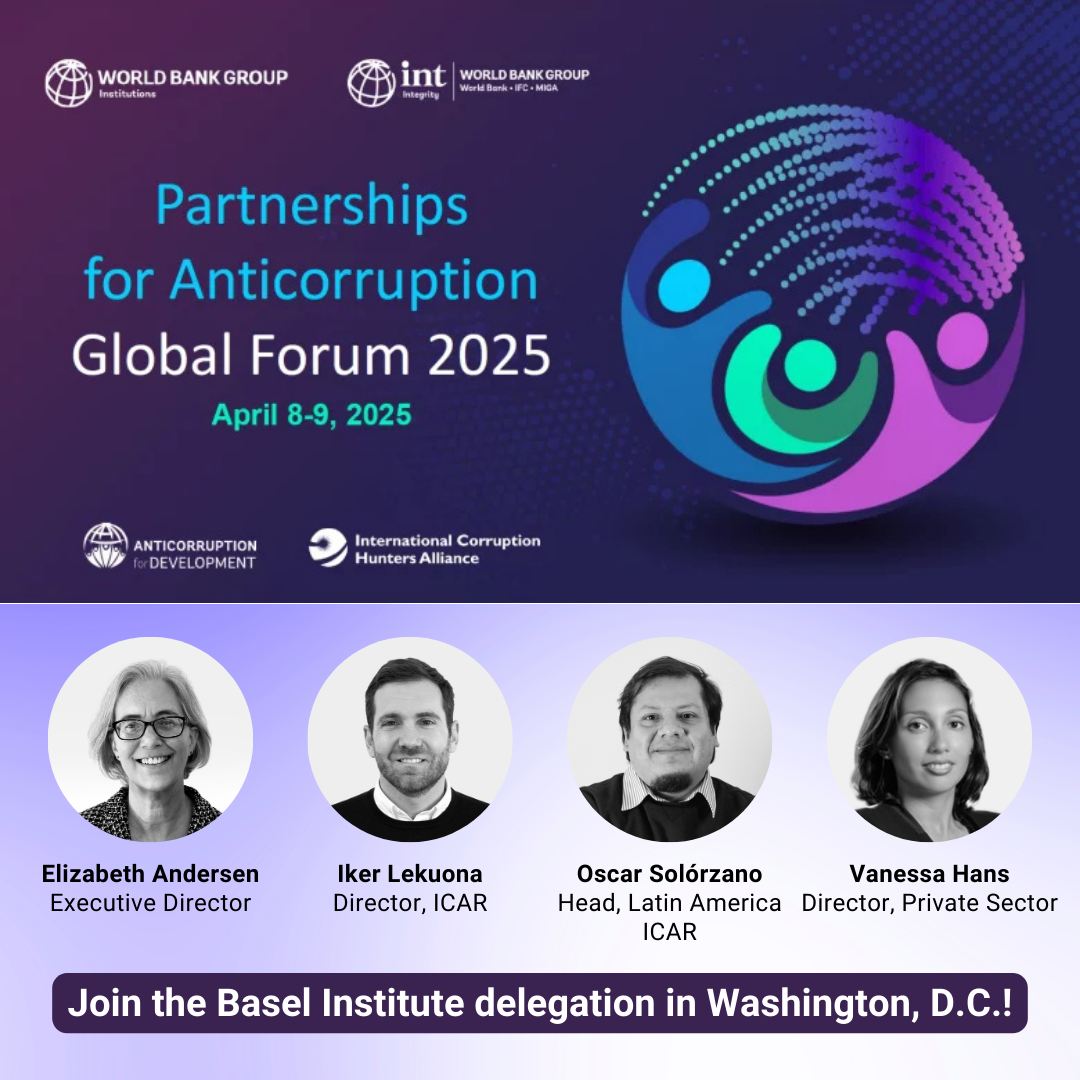Working Paper 57: Mapping and strengthening the evidence base for anti-corruption Collective Action
Models, metrics and insights
This Working Paper provides a theoretical and practical contribution to strengthening the evidence base for anti-corruption Collective Action – i.e. collaborative efforts by diverse actors from the private sector, civil society and public institutions to address integrity challenges that no single actor can resolve alone.

